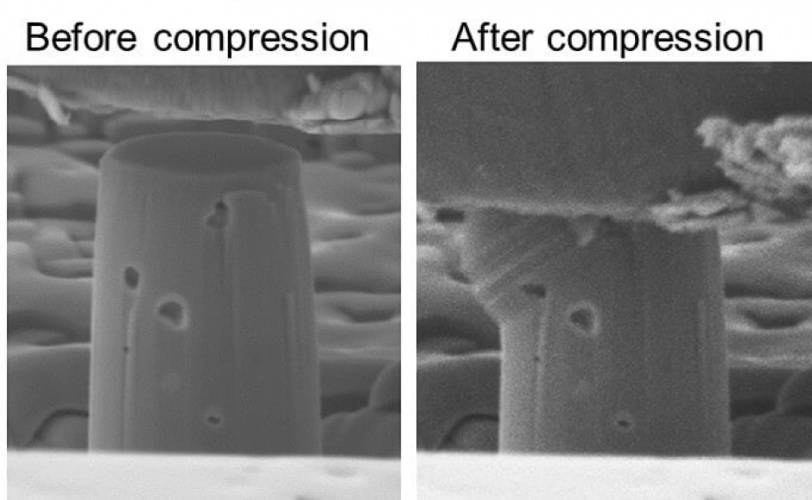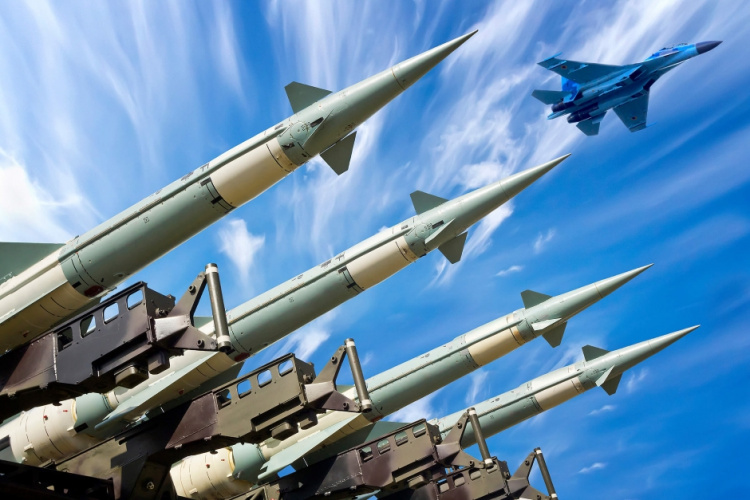
Ceramics are mechanically strong but tend to fracture suddenly when slightly strained under a load unless exposed to high temperatures.
Purdue University’s new flash sintering process adds an electric field to the conventional sintering process used to form bulk components from ceramics and helps make them more ductile and durable.
Ultrafast pulsed laser joins ceramics
Hong Kong team develops 4D printing for ceramics
“We have been able to show that even at room temperatures, ceramics sintered with the electric field surprisingly deform plastically before fracture when compressed at high strain,” said Haiyan Wang, the Basil S. Turner Professor of Engineering in Purdue’s College of Engineering.
A study published in Science Advances demonstrates that applying an electric field to the formation of ceramics makes the material almost as easily reshaped as metal at room temperature. The Purdue team specifically applied its technique to titanium dioxide, which is widely used as a white pigment.
“Nanotwins have been introduced in various metallic materials to improve strength and ductility. However, there are little prior studies that show nanotwins and stacking faults can significantly improve the plasticity of ceramics,” said Jin Li, a postdoctoral fellow and team member.
According to Purdue, the significantly enhanced room temperature ductility in titanium dioxide is attributed to the unusually high-density defects, such as stacking faults, twins and dislocations, formed through the flash sintering process.
“The existence of these defects remove the need for defect nucleation in ceramics, which typically requires a large nucleation stress, greater than the fracture stress of ceramics,” Wang said in a statement.

According to Li, the results make it possible to use different ceramics in ways that provide more flexibility and durability to sustain heavy loads and high temperatures without catastrophic brittle failure.
Improved plasticity for ceramics means more mechanical durability during operation at relatively low temperatures.
The sample also could withstand almost as much compression strain as some metals do before cracks started to appear.
“These ductile ceramics find many technologically important applications,” said Xinghang Zhang, professor of materials engineering and co-principle investigator on the research team. “It can be applied to defence operations, automobile manufacturing, nuclear reactor components and sustainable energy devices.”
This Purdue-led research is supported by the US Office of Naval Research in collaboration with the University of California, Davis, Rutgers University and US Naval Research Laboratory.
The research team is working with the Purdue Research Foundation Office of Technology Commercialization to patent their work.




Red Bull makes hydrogen fuel cell play with AVL
Surely EVs are the best solution for motor sports and for weight / performance dispense with the battery altogether by introducing paired conductors...